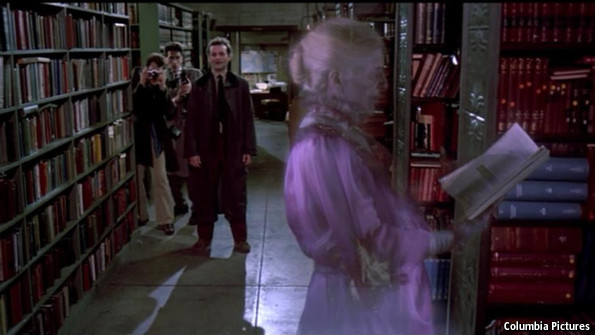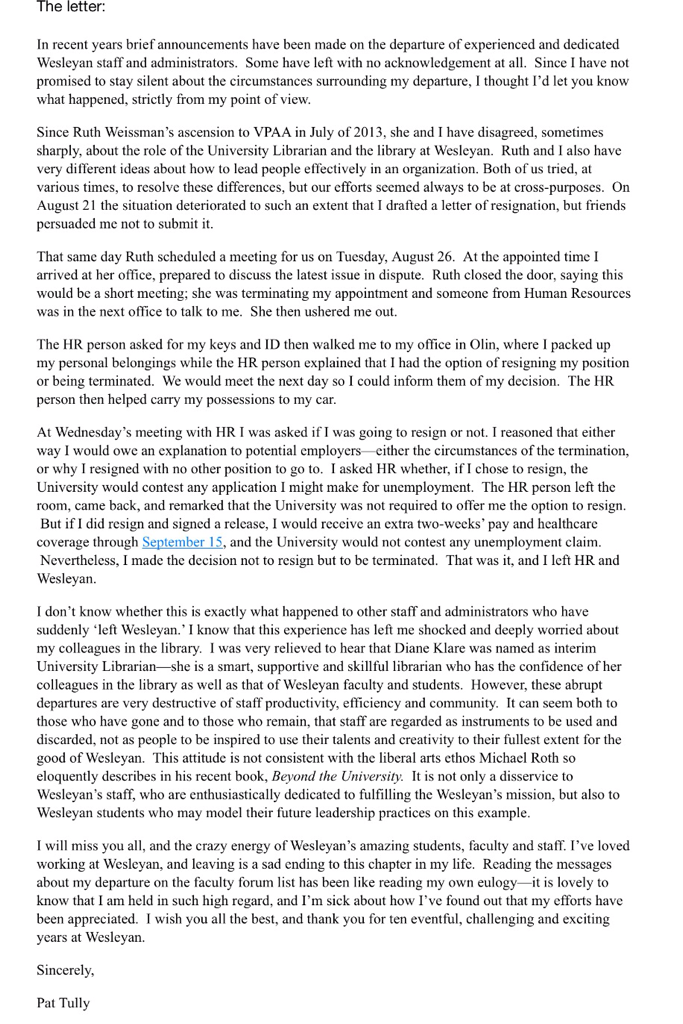THE central branch of the Free Library of Philadelphia is an impressive building—its neoclassical facade looming over most of a block. But inside, though chandeliers still hang from the ceilings and the floors are of polished marble, there is a feeling of neglect. A musty taste hangs in the air; many of the books are rather battered. “The building opened in 1927 and we’ve really not touched it since then,” says Siobhan Reardon, the library’s president and director. “And you can tell.”

That, happily, is now changing. On September 11th Philadelphia announced it had secured a $25m grant from the William Penn foundation to update its old libraries. Yet libraries in general are struggling. Americans tell pollsters they love them, but fewer use them. In June the Institute of Museum and Library Services (IMLS), a federal agency, published data showing that library visitor numbers have declined in recent years. Polling published on September 10th by the Pew Research Center, a think tank, revealed that more people say they are going to the library less than going more, with a sharp gap among the young.
More from The Economist.


Recent Comments